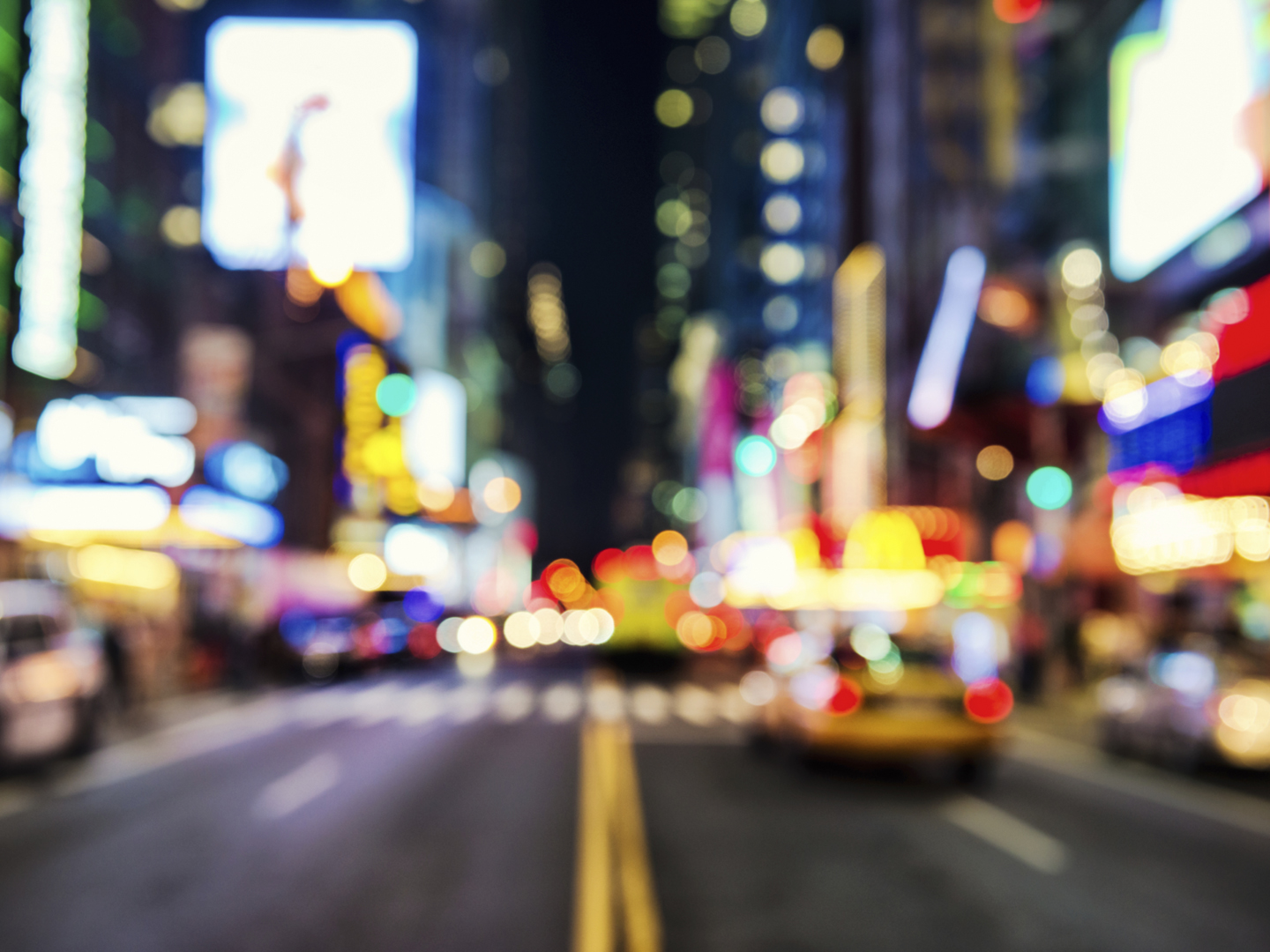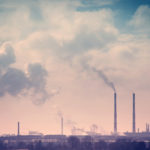Can Artificial Light At Night Lead To Cancer?
I’m curious about what’s known about the link between artificial light at night and the risk of breast cancer?
Andrew Weil, M.D. | November 29, 2017

Mounting evidence suggests an association between exposure to artificial light at night and an increased risk of breast cancer. The latest scientific word on this issue comes from a long-term study by researchers at the Harvard T.H. Chan School of Public Health who looked at data from nearly 110,000 women participating in the Nurses Health Study II from 1989 to 2013. They concluded that certain women exposed to the highest levels of outdoor artificial light at night had an estimated 14 percent increased risk of breast cancer compared to those with the least exposure to outdoor artificial light.
To determine how much exposure each woman in the study had during those years the researchers linked data from satellite images of Earth taken at night to residential addresses of all the women in the study. They also factored in the influence of night shift work as well as detailed information on a variety of factors known to affect health.
The researchers reported that a link between outdoor light at night and breast cancer was seen only among premenopausal women and those who currently smoked or had smoked in the past; a stronger link was noted among women who worked night shifts. The team noted that previous studies have suggested that exposure to light at night might “lead to decreased levels of the hormone melatonin which can disrupt…our internal ‘clocks’ that govern sleepiness and alertness and, in turn, lead to increased breast cancer risk.” Melatonin suppression also boosts estrogen production by the ovaries, which in turn can fuel the growth of cancerous cells in a woman’s breast.
The Harvard study is the most comprehensive one on this subject to date. Earlier research identified a 60 percent increased risk of breast cancer among women in Seattle who worked the graveyard shift. Other studies have shown a similar pattern. And the risk of breast cancer is up to 5 times higher in industrialized nations where exposure to nighttime illumination is more common than it is in undeveloped countries. About half of those breast cancers cannot be accounted for by conventional risk factors.
If you’re concerned about the impact of light at night on your risk of breast cancer, try to sleep in a room that’s as dark as you can make it. If you need to get up at night to urinate, use the dimmest nightlight possible, preferably a red one, to avoid shutting down your pineal gland’s production of melatonin. Blue light, such as that emitted by device screens, most strongly suppress melatonin synthesis.
Andrew Weil, M.D.
Source:
Peter James et al, “Outdoor Light at Night and Breast Cancer Incidence in the Nurses’ Health Study II.” Environmental Health Perspectives, August 17, 2017, doi: 10.1289/EHP935











